Un programa de ejercicio adaptado a las capacidades de cada persona ha demostrado su efectividad en la mejora de la salud no solo física sino también psíquica de personas mayores que viven en residencias para mayores. El grupo de investigación Ageing-On de la UPV/EHU, responsable de su desarrollo, ha preparado una estrategia para poder extender su aplicación no solo en residencias.
-
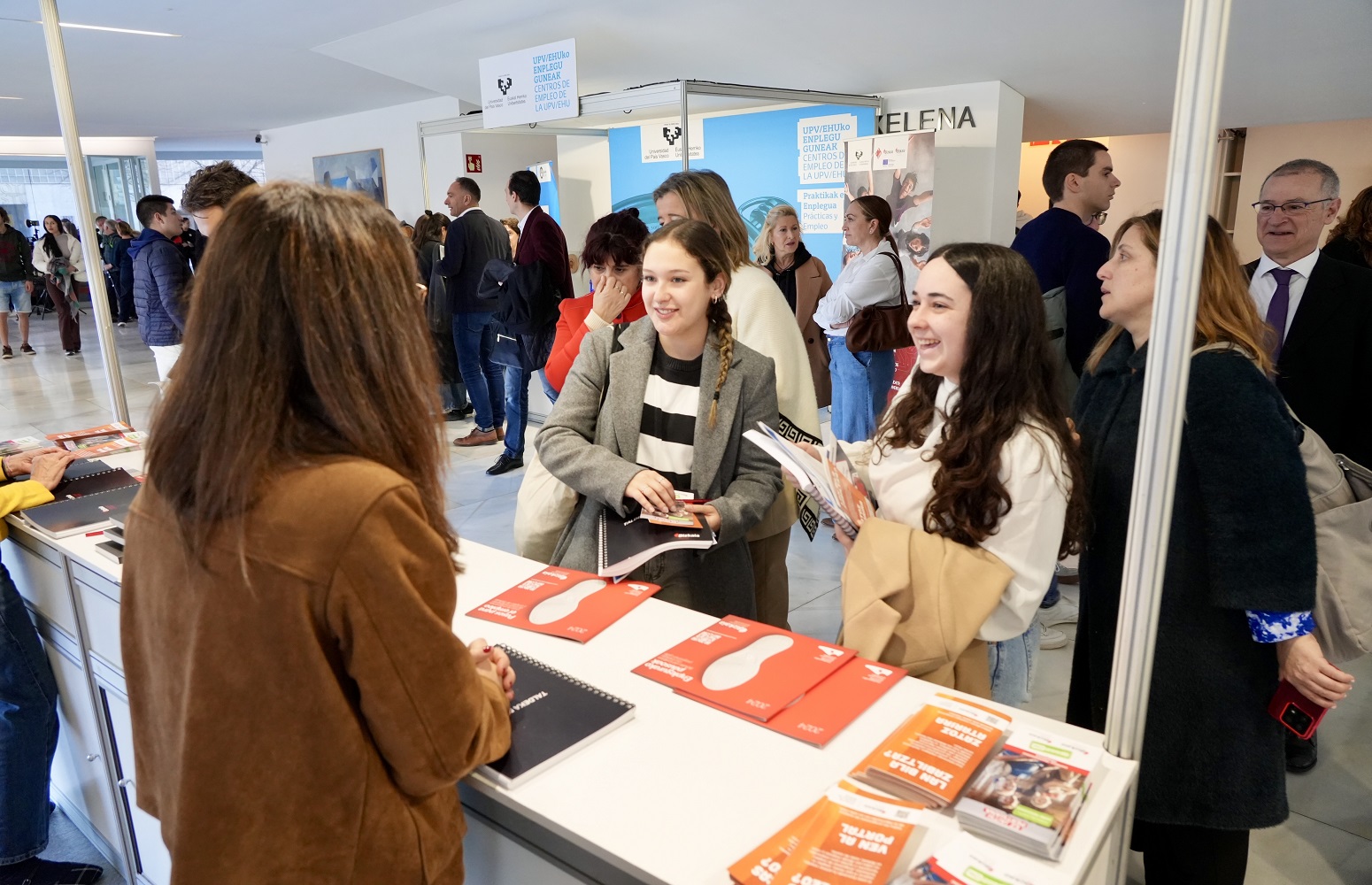
1.000 estudiantes se han reunido presencialmente con empresas que buscan talento joven
-
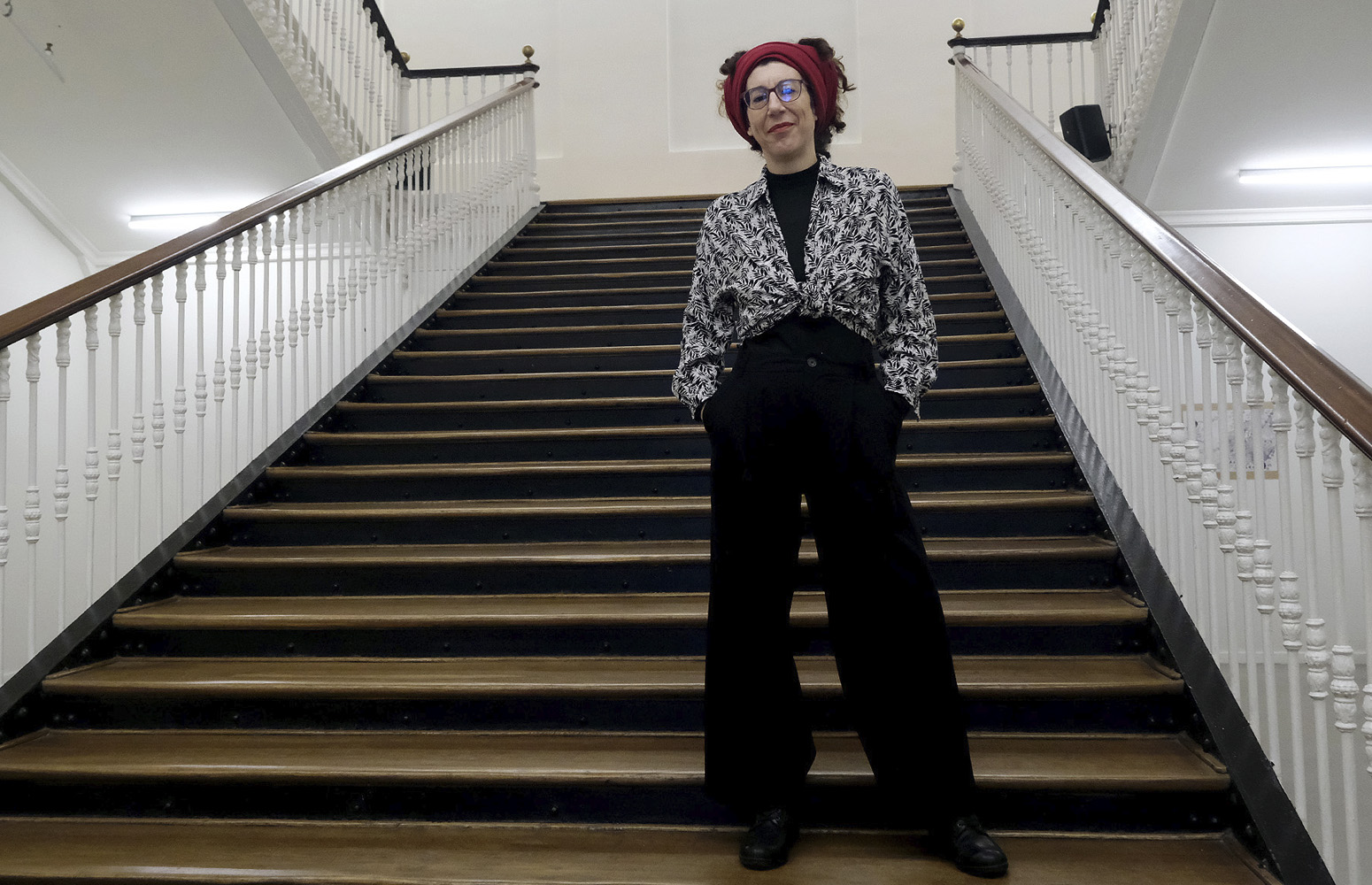
Jule Goikoetxea: «Si queremos nuevos sujetos, se debe incidir en las relaciones de poder que los crean»
-
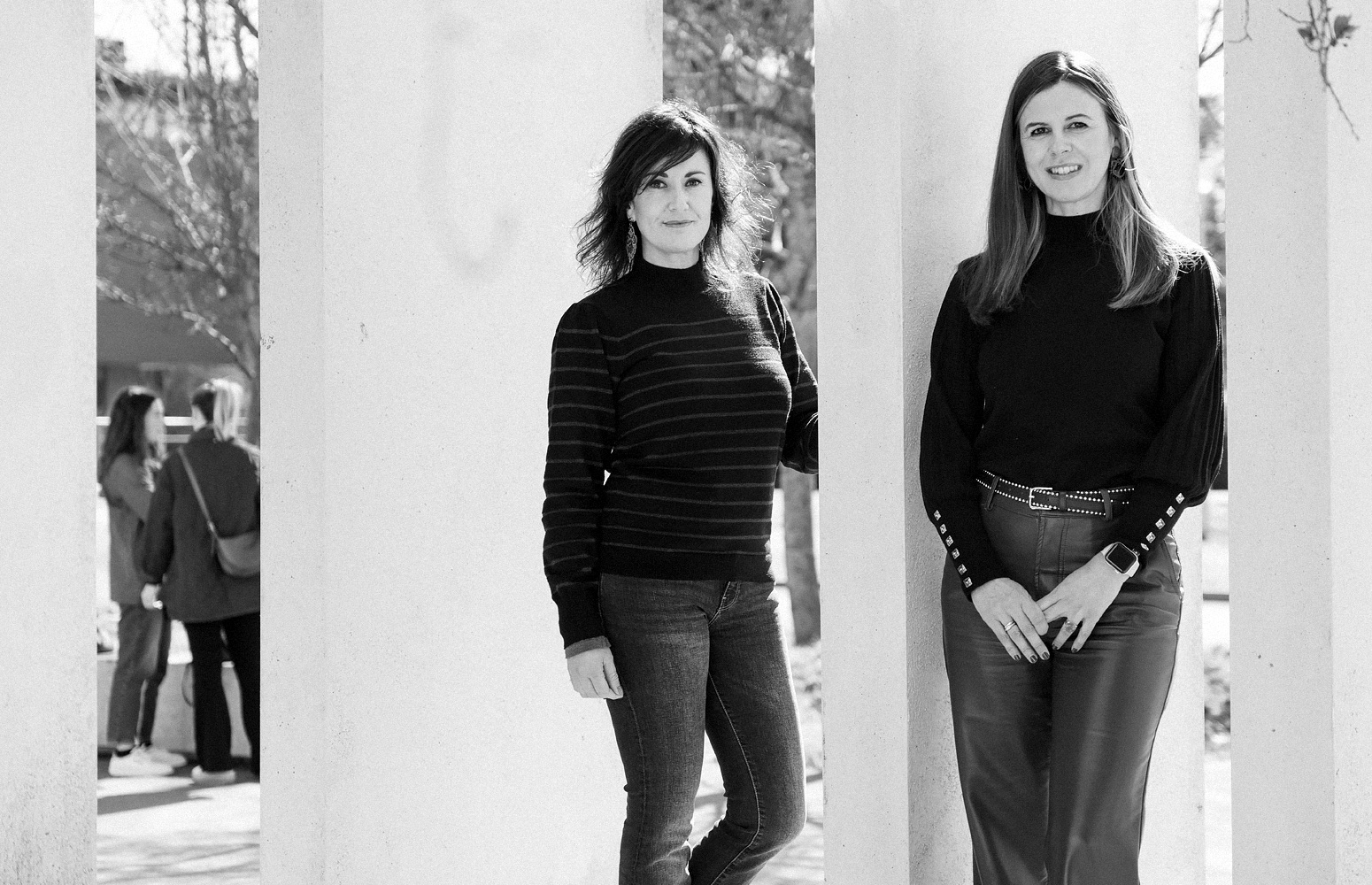
Ocho mujeres que cambiaron la farmacología
-
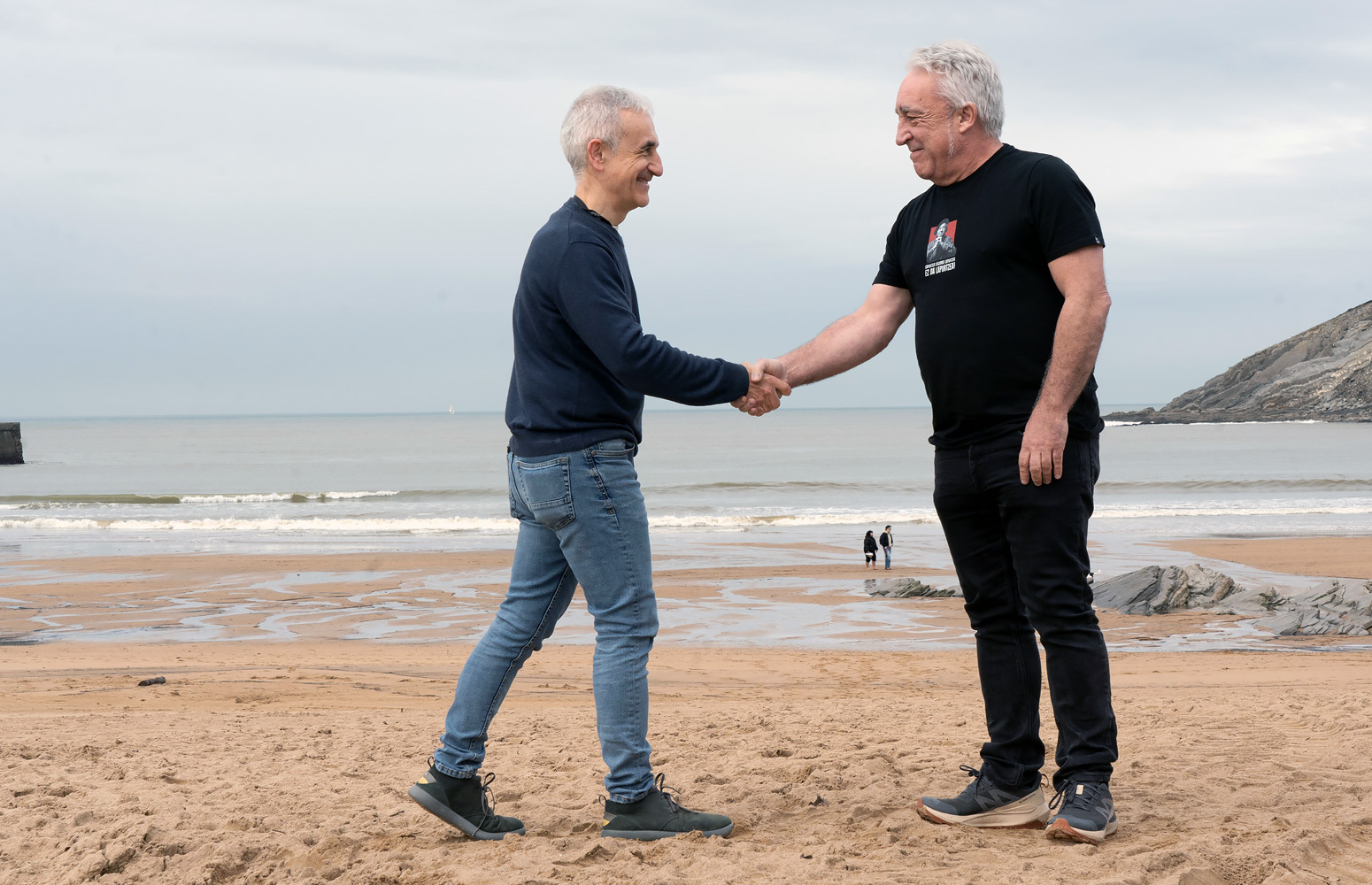
Nuevo equipo en la dirección de la Estación Marina de Plentzia PiE-UPV/EHU
-
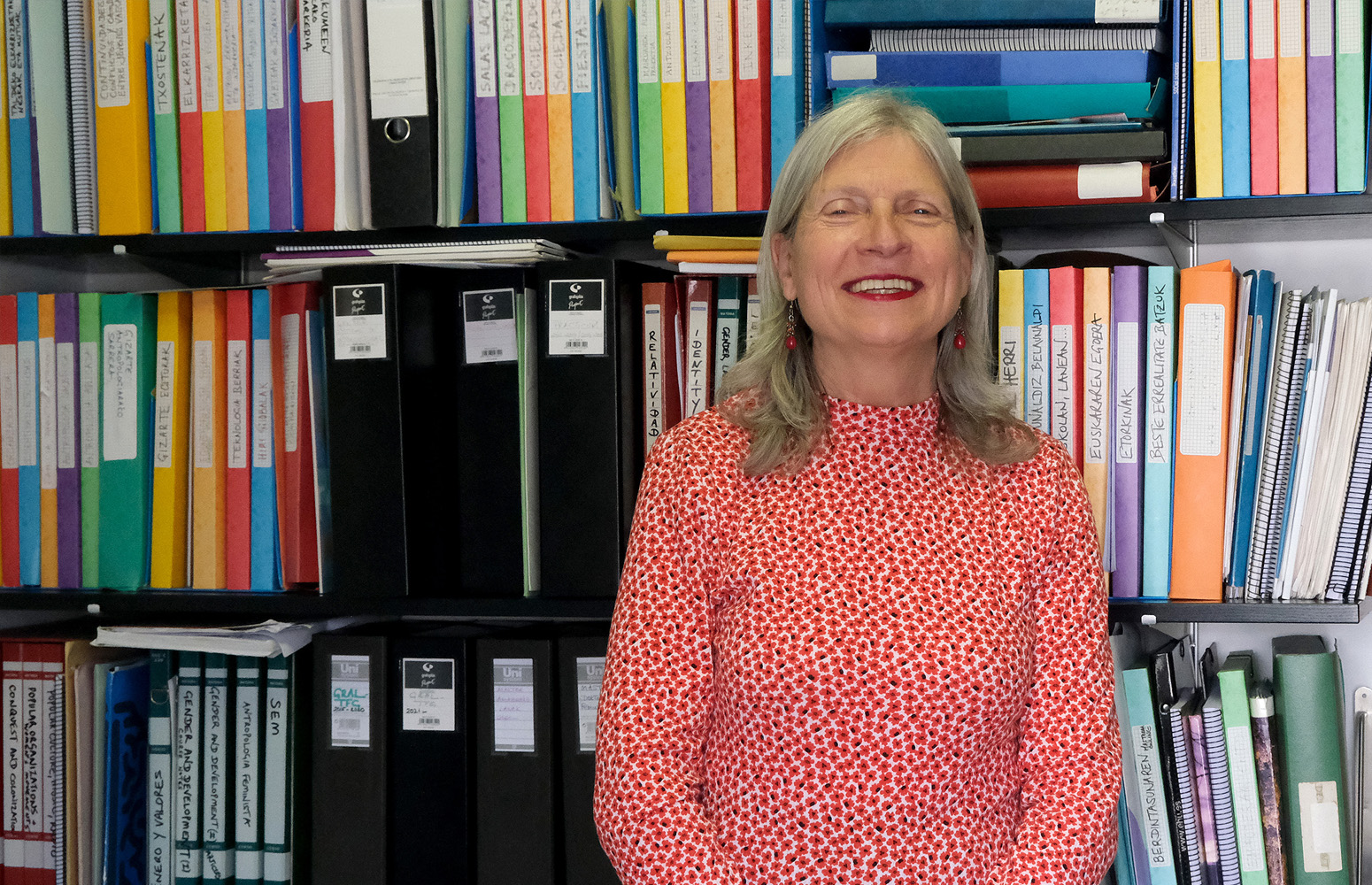
Maggie Bullen: «Me gustaría reforzar el carácter feminista de la Dirección para la Igualdad»
El ejercicio físico mejora la calidad de vida de quienes viven en geriátricos
El grupo de investigación Ageing-On de la UPV/EHU crea un novedoso programa de ejercicio que beneficia a nivel físico y cognitivo a estas personas
- Investigación
Fecha de primera publicación: 05/06/2018
(Abre una nueva ventana)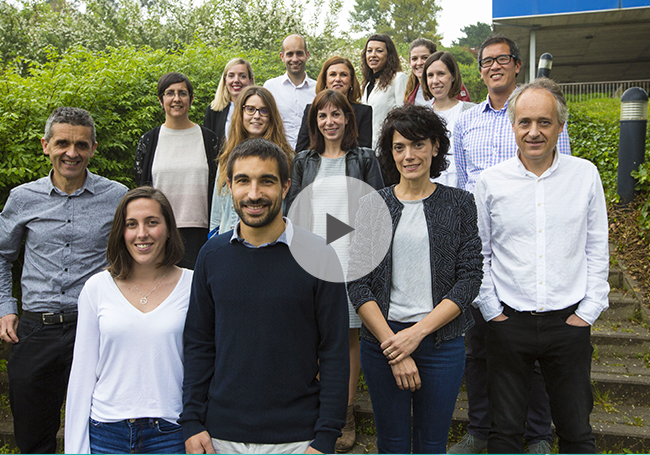
Si en la actualidad la población mayor de 65 años ya representa el 22% del total de la población de Euskadi, las predicciones señalan que, para 2030, alcanzará el 30%. De ahí la importancia de promover un envejecimiento saludable, uno de cuyos ejes es la salud y ejercicio físico. De hecho, durante el envejecimiento, realizar ejercicio continuado puede revertir el deterioro físico asociado la edad y, así mismo, la fragilidad, un síndrome muy común entre las personas mayores y que implica un mayor riesgo de caídas, hospitalizaciones, dependencia e incluso fallecimientos. Este síndrome es más habitual entre las personas que viven en residencias.
Con el objetivo de mejorar la calidad de vida de ese colectivo, el grupo de investigación Ageing-On de la UPV/EHU, que dirige Jon Irazusta, en colaboración con Matia Instituto, ha diseñado un programa de ejercicio físico adaptado a las capacidades de cada persona. En él se trabajan la fuerza, el equilibrio y la resistencia. El programa se desarrolla de una manera progresiva, incrementando las intensidades según aumentan las capacidades de las personas para que las adaptaciones del organismo sean mayores. Esto le da un carácter innovador ya que, por un lado, no existen muchos trabajos que estudien los efectos del ejercicio físico sobre la fragilidad en esta población y, por otro, no se suele llevar a cabo una adaptación de los programas a las capacidades de los individuos.
La efectividad del programa se ha analizado en una muestra de 112 participantes, de 10 centros para personas mayores, divididos en dos grupos de manera aleatoria: el grupo “control” que continuaba con sus actividades y cuidados habituales y el grupo “experimental” que realizaba dos sesiones semanales de 45 minutos de ejercicio físico centradas en la mejora de la fuerza y el equilibrio. Aumentaron, además, progresivamente el tiempo en el que caminaban hasta alcanzar, al menos, los 20 minutos diarios.
Mejora física y cognitiva
Ya en las primeras valoraciones, se observó una relación entre una mayor fuerza de las extremidades y un mejor estado cognitivo y mayor calidad de vida. Es decir, el trabajo de fuerza, que a menudo queda olvidado en las personas mayores, puede ser de gran ayuda para mejorar su estado físico y mental, principalmente de aquellas personas que utilizan bastones, muletas, andadores u otras ayudas.
Al cabo de tres meses, el estudio reflejó una mejora significativa en la mayoría de variables físicas, tales como fuerza, velocidad de la marcha y equilibrio en las personas que realizaban ejercicio físico. Por el contrario, las personas del grupo “control” sufrieron una reducción de sus capacidades físicas.
Resultan especialmente relevantes los resultados obtenidos en la SPPB (Short Physical Performance Battery). Esas pruebas sirven para medir el nivel de fragilidad y pueden predecir el riesgo de caídas, hospitalizaciones, dependencia o fallecimiento. La realización de ejercicio físico generó un aumento en dos puntos en el SPPB, mientras el resultado del grupo “control” se redujo en un punto. “Un solo punto de variación en esta escala ya se considera relevante; 3 puntos son una diferencia clínicamente muy relevante, que indica la efectividad del programa. Además, es remarcable que aquellas personas con peor estado funcional se beneficiaron aún más del programa. Por tanto, podemos decir que el programa está indicado para cualquier persona, siempre que tenga un grado de capacidad cognitiva y de autonomía que le permita realizarlo”, explica el catedrático Jon Irazusta.
Los resultados positivos obtenidos han sido publicados en las Revistas BMC Geriatrics, Maturitas y Experimental Gerontology. El grupo de investigación Ageing-On ha diseñado, además, una metodología para que cualquier centro para personas mayores pueda poner en marcha el programa de ejercicio físico desarrollado con las pautas que ha marcado su investigación. El deseo del grupo es que el programa se extienda para mejorar la calidad de vida de las personas mayores que viven en residencias. Al mismo tiempo, creen que su metodología también podría ser útil para mejorar el estado de otras personas, como las que han sufrido una hospitalización reciente, las que padecen demencia u otros problemas neurológicos y cuidadoras principales de personas dependientes.
Información complementaria
El estudio sobre los beneficios del ejercicio físico en personas de avanzada edad que viven en residencias forma parte de la tesis de Haritz Arrieta, que está siendo dirigida por la doctora Ana Rodriguez y el doctor Jon Irazusta, y ha sido llevado a cabo, junto a Matia Instituto, en 10 centros geriátricos diferentes (Bermingham, Rezola, Fraisoro, Otezuri, Lamourous, Txara I, Anaka, Betharram (Fundación Caser), Iurreamendi Egoitza y Uzturre Egoitzajarri). La investigación se ha desarrollado al amparo del consorcio Frailty Corner, dedicado a la investigación de la fragilidad en personas mayores y a buscar soluciones para mejorar su calidad de vida. El consorcio está formado por la UPV/EHU, Matia Instituto, el Instituto Biodonostia, Tecnalia, Tekniker, Cidetec y Vicomtec. El proyecto de investigación del grupo Ageing-on ha recibido financiación de los departamentos de Desarrollo Económico (Programa Elkartek) y Salud (Programa RIS3) del Gobierno Vasco, de la Diputación Foral de Gipuzkoa y de la UPV/EHU.
Referencia bibliográfica
- Effectiveness of a multicomponent exercise program in the attenuation of frailty in long-term nursing home residents: study protocol for a randomized clinical controlled trial
- BMC Geriatrics
- DOI: doi.org/10.1186/s12877-017-0453-0
- Physical activity and fitness are associated with verbal memory, quality of life and depression among nursing home residents: preliminary data of a randomized controlled trial
- BMC Geriatrics
- DOI: doi.org/10.1186/s12877-018-0770-y
- Physical training maintains or improves gait ability in long-term nursing home residents: A systematic review of randomized controlled trials
- Maturitas
- DOI: doi.org/10.1016/j.maturitas.2017.12.003
- A multicomponent exercise program improves physical function in long-term nursing home residents: A randomized controlled trial
- Experimental Gerontology
- DOI: doi.org/10.1016/j.exger.2018.01.008


